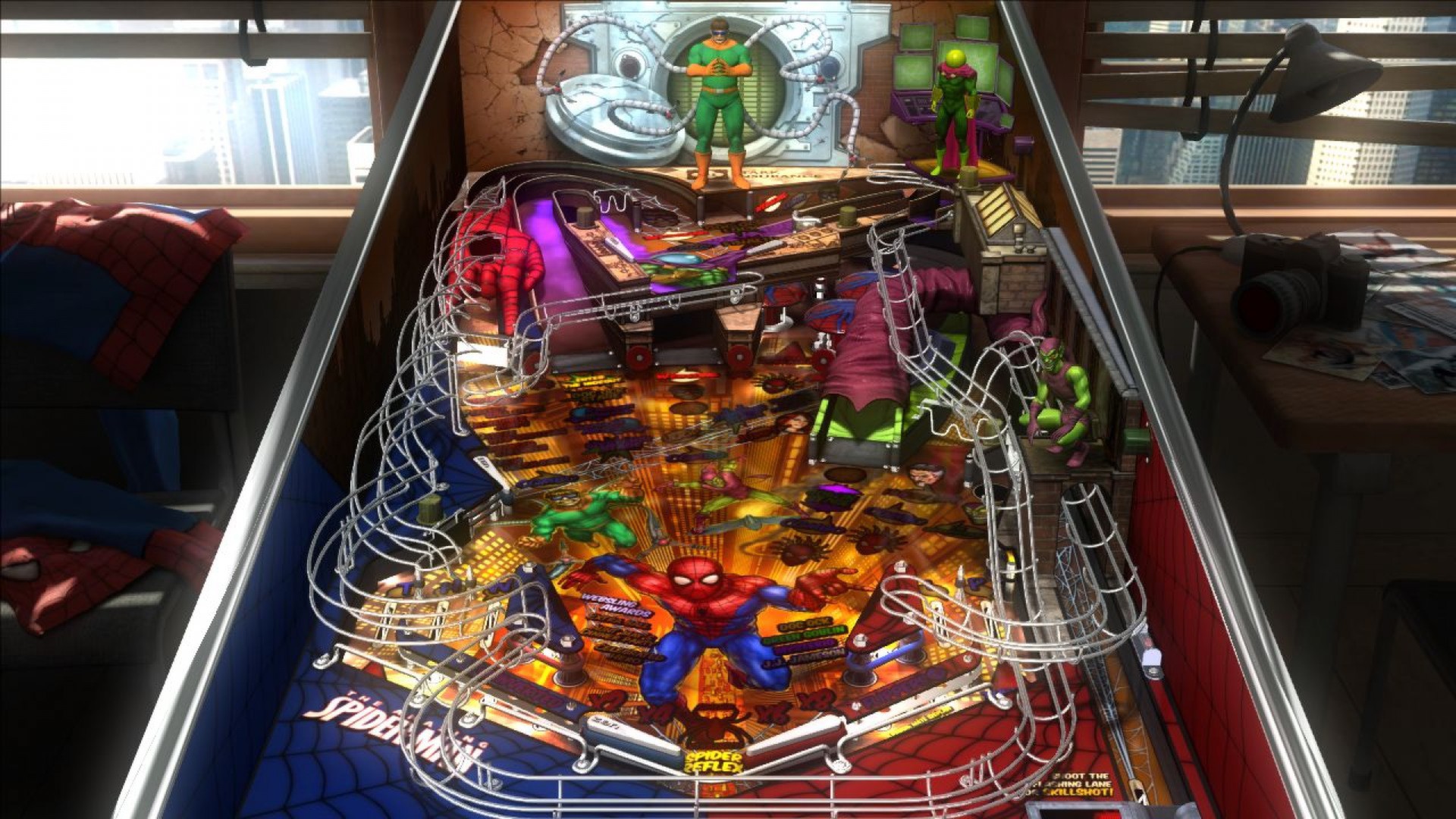
There are even games which involve something called combat mode, where Samus will exit her Morph Ball mode and use her arm cannon to shoot at enemies as they come in from the top screen. Some, like the Wall Jumping game, are a complete break away from pinball for a brief second, and others, like Burrower Bash, Metroid Mania, and Space Pirate Frenzy, involve trying to hit certain targets with your pinball in a set amount of time. These two hub boards have ways to open up mini-games where suddenly the goal shifts away from bouncing your ball off of special objects.


Starting either on the Tallon Overworld or Pirate Frigate board, you play an altered form of pinball where your goal isn’t just to rack up points. Multi Mission is the main mode and certainly the highlight of the title. There are three ways to play Metroid Prime Pinball: Multi Mission, where your goal is to collect all the Chozo Artifacts across the many boards, Single Mission, where you can play a single board and try to place on a high score table, and Wireless Mission, the game’s multiplayer mode which can be played by multiple people using only a single cartridge thanks to DS download play. While the standard pinball staples are there like bumpers, ramps, and flippers, the pinball tables themselves are based on areas from Metroid Prime, and the visual flair and special elements they add that can only be pulled off in video game pinball help ensure that this game is feels like both a Metroid title and a pinball game. Metroid Prime Pinball doesn’t just go for plopping Samus down on standard pinball tables though. Samus’s Morph Ball mode in other titles already had her curling up into a ball, all she needed from there was the proper layout to make things play like a pinball table.

It’s not hard to see how the series reached this point, and the transition was certainly a bit more obvious than how Mario entered the pinball world. Mario, Kirby, and Pokémon all have had portable pinball titles, and even though Metroid is a series with very few spin-offs in general, it still wound up joining that group with the 2005 release of Metroid Prime Pinball. Nintendo appears to really enjoy making pinball spin-offs for their major franchises.


 0 kommentar(er)
0 kommentar(er)
